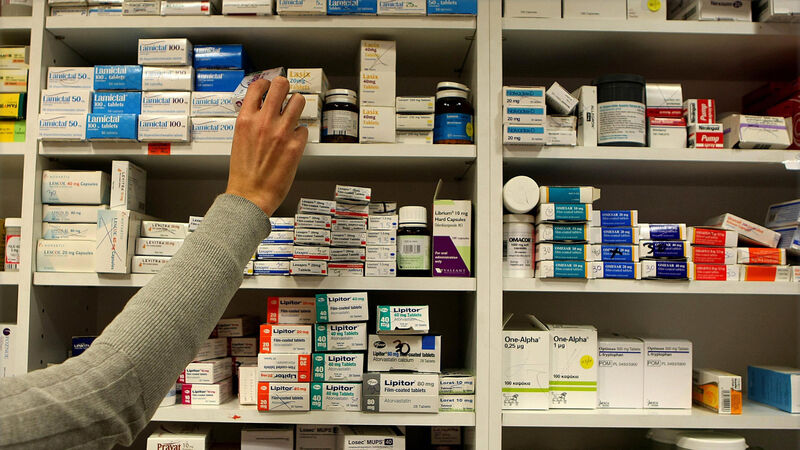250 medications, some critical, out of stock in Ireland

UP to 250 key medications are out of stock in Ireland.
UP to 250 key medications are out of stock in Ireland.
Thirteen of these are deemed critical medicines by the World Health Organisation’s (WHO) and include antibiotics amoxicillin and penicillin to treat bacterial infections, as well as a medicine for chronic myeloid leukaemia.
This list also includes blood-pressure tablets, epilepsy medication, and drugs for anxiety and insomnia, which are also dangerously low. The shortage has worsened 48% compared to last year, according to a new report published by the Medicine Shortage Index.
The index is compiled by industry experts, Azure Pharmaceuticals, which analyses data made publicly available by the Health Products Regulatory Authority (HPRA).
Aideen Kenny, of Azure Pharmaceuticals, said supply-chain issues and rising costs are contributing to the shortages. “We’re seeing supply-chain issues for sure, but, in addition, and specifically the reason we’d like to draw attention to this in Ireland, is that we’re noticing commercial reasons as becoming more and more relevant for precipitating medicines in pharmaceutical medicines here,” Ms Kenny said. 38% of the out-of-stock medication had just one supplier.
Cork pharmacist Oceane Guillotin-Brophy has said that the shortage has put pressure on Irish pharmacies. “Everything is touch and go,” Ms Guillotin-Brophy said.
“We have a shortage of blood-pressure tablets, diabetes injections, and HRT. It has gotten to a point where people are ordering scripts for maybe 25 tablets for the month, we need to go online and check the suppliers’ websites each time to see if we can fill that prescription.
"We all need to be so much more aware of how much we can give out and there is a lot more work to be done,” the Carrigaline CarePlus pharmacist said.
“The patients are very stressed, but it is hard to blame them when they rely on these medications for their health, which is so important.” A report in the Lancet medical journal has said that “unsustainably low pricing” for off-patent medications was one of the driving factors of the shortages.
“At the moment, if a drug with a marketing licence goes short, but the only replacement we can get is an unlicensed equivalent, the Government won’t cover it under the medical-card or drug-payment scheme. When this happens, it comes at a greater cost to the patients, who have to shell out more or, a lot of the time, we, as the pharmacy, take the hit,” Ms Guillotin-Brophy said.










 App?
App?


